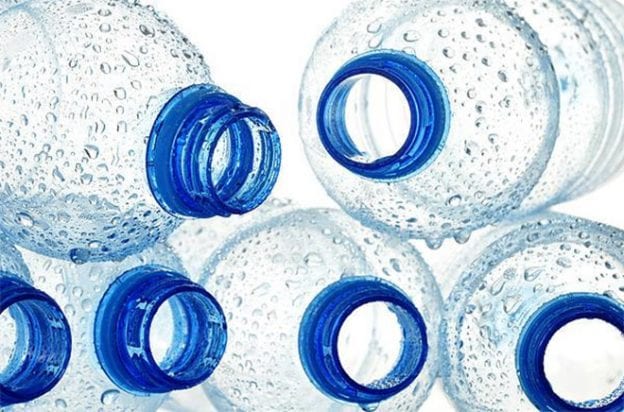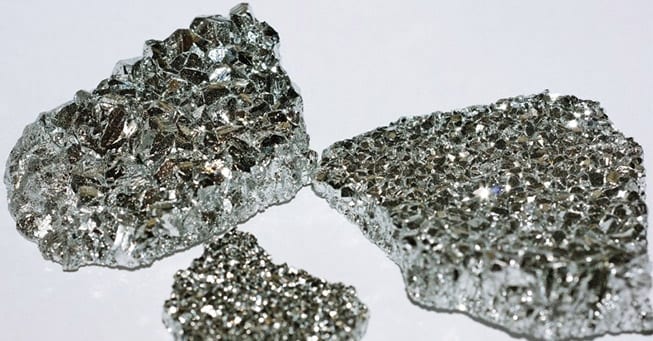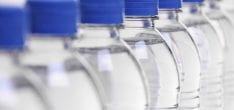
Antimony in water
Many emphasise the difference between tap water and bottled water, but the reality is that most of us drink both to ensure the optimal amount of water for our bodies. Most individuals, however, do not realise that some bottled water may not be as pure as initially thought. The environmental organisation NRDC found that in a sample, One third of the brands contained bacterial or chemical contaminants, including carcinogens.. The levels of carcinogens found exceeded state or industry standards.
Some individuals may assume that the chemicals that were found came from the bottles in which the water is bottled. However, the water bottles do not contain the chemicals in question, which means that the chemicals found in the bottles do not come from the bottles. phthalates (substances added to plastics to increase their flexibility) as determined by the NRDC more than likely got into the water in 1 of 2 ways: during processing at the bottling plant, or were present in the water source
Bottled water is regulated for the safety of human consumption., but it can be difficult to control
When water bottles are stored at hot temperatures, the plastic can leach chemicals into the water that can be harmful to our bodies. Scientists also advise that it can be dangerous to store water in the garage, near gas fumes, pesticides and other chemicals that could affect the smell and taste of the water.
Another danger of water bottles is the development of the antimony. Antimony is a toxic material that is often used in the manufacture of water bottles.. Last year, the scientists concluded that the longer a bottle of water is kept, either in a shop or in your home, the more antimony can develop. Antimony is linked to nausea, vomiting and diarrhoea, so it it is important to drink the water bottle and not to hold it for a prolonged period of time.

Although the levels of antimony found are too low to pose a health risk, they are above what would be expected. The longer a plastic water bottle is kept at room temperature, the higher the amount of antimony the water will contain,
Elevated temperatures, water pH and exposure to sunlight can increase the amount of compounds that migrate from the plastic into the water.
In addition to harmful chemicals that can potentially leach into water due to improper storage or chemicals leaking out during the bottling process, there is another risk of bottled water.
At a National Institutes of Health (NIH) committee, the scientists agreed that a particular chemical found in polycarbonate, which is used in the manufacture of water jugs, sports water bottles and other hard plastics, can cause neurological and behavioural problems in children.The main focus is on children, from infancy to pre-adolescence.
The risk of exposure is even higher for adults. An independent NIH-sponsored panel found that adult exposure to plastic polycarbonates (BPA) probably affects the brain, the female reproductive system and the immune system..
The impact of water bottles on the planet
The impact of bottled water on the planet should make us reconsider buying it. Some risks include:
- Increased use of fossil fuels
- Increased carbon pollution spilling into the ocean
- Increased carbon pollution in the air
- It takes billions of gallons of water a year to make plastic bottles.
In addition to an increase in fossil fuels, bottled water is said to be dangerous for the plant in which the bottled water is made..

Likewise, some brands of water come from islands and countries thousands of kilometres away, and the transport of bottles can lead to carbon pollution that spills into the water
What can I do?
- Have fresh bottled water.
- If your bottled water has been exposed to high temperatures, do not drink it.
- Do not store water near chemicals
- Avoid reusing plastic bottles.


6 thoughts on “Razones para no reutilizar botellas de plástico”
In just a few days I have been experiencing increasing discomfort in my left knee. It started with a slight discomfort and in just a few days I have been experiencing great discomfort. My knee has swollen and I feel a pain that prevents me from stepping on it. My leg is weak and in a lot of pain. I am probably due to the intense cold and the standing position I have had to maintain. The temperature drops from -3º to 3º, 4º. I have taken a paracetamol and will continue to take Ibuprofen.
Thank you very much for your query, Francisco. We will pass it on to the clinic and they will get back to you as soon as possible. Best regards
Hello.
Very good page about plastic and the importance of awareness, but I would like to share, but I would like to ask a question about everything, why is not allowed to share this page by e-mail or messeger, email, to share it with other people and make them aware of why not to use plastic bottles,
Thank you.
Good morning, we don't have the share buttons but you can copy the url and share it. Thanks for your interest, best regards
I thank you for sharing all this practical information with all of us. With these grains of sand we make the Internet mountain bigger. Congratulations for this website.
Greetings
Thank you for your comment
Comments are closed.